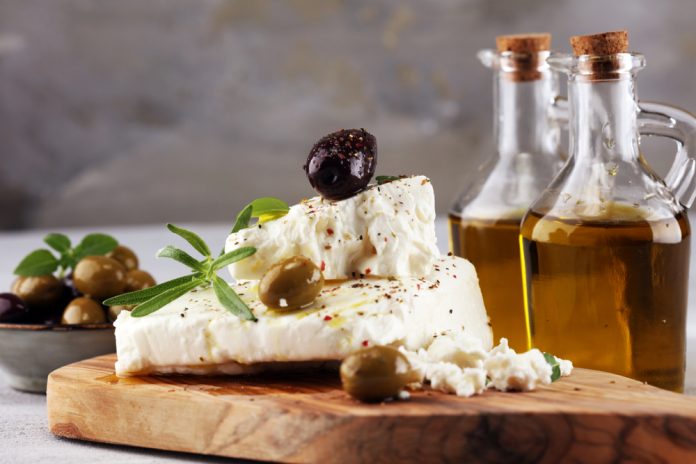Australian food manufacturers are under threat from a controversial European Union free trade agreement demand that would ban local companies from using common names such as “feta”, “parmesan”, “balsamic” or even “kransky” on products – even if they have been making them for generations.
“The EU wants Australian manufacturers to cease using common terms for food products, even when they have been in production for decades, as a condition of a Free Trade Agreement with Australia.”
“With local food and grocery manufacturers under enormous stress from soaring costs and yet to recover from the impacts of the Covid-19 pandemic, the EU Geographical Indications (EU GIs) demand could strip up to $2.9 billion from the local industry and impact some 3,700 locally made products – ranging from dairy to smallgoods, oils and confectionery – currently on supermarket shelves,” according to the Australian Food and Grocery Council.
AFGC CEO Tanya Barden says local food and grocery manufacturers support free trade but not at the cost of forfeiting product names that have been used for generations.
“The Federal Government must ensure the future of the Australian food manufacturing industry is not crippled by allowing the EU to claim ownership over these widely used terms and the precedent it sets for other FTA negotiations,” Ms Barden said.
“Enforcement of EU GIs would cripple many businesses as they struggle to rebuild from the Covid-19 pandemic and it would jeopardise regional jobs.”
GIs are names used on a product with a specific geographical origin and qualities attributable to that location. EU negotiators have drawn up a list of 166 GIs for use only by manufacturers in those European localities and this is a central point of FTA negotiations.
Worsening the situation is a lack of clarity over how translations of names in the list would be interpreted. For example, the term “parmigiano”, which is on the list, is relatively limited in use but it translates as “parmesan” – a name widely used not just by Australian cheese makers but by many other food manufacturers as an ingredient in products.
Ms Barden said if GIs were enforced, Australian food manufacturers would not be compensated by any improved access to EU markets and urged the federal government not to give ground on the issue.
“Trading away the rights of Australian manufacturers to use these everyday names would mean a Free Trade Agreement that risks hammering regional Australian communities, where 40 per cent of food manufacturers are based, and disadvantaging Australian consumers, with no perceived benefit for a vital domestic industry,” she said.




